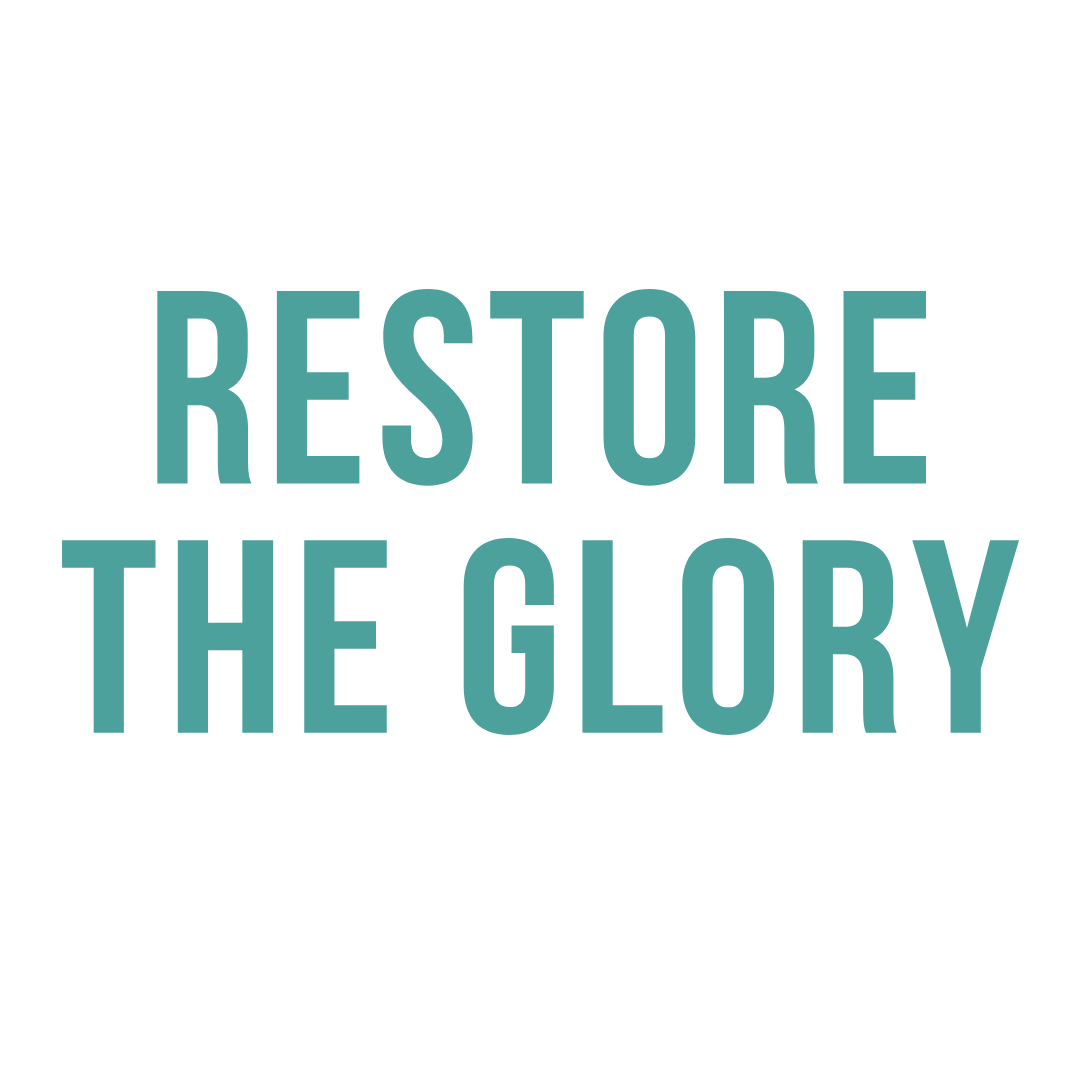Episode 12: Anatomy of a wound | Part 1
Bob and Jake start a new series about the components of a wound. Wounds, beliefs, and vows are critical aspects that, when noticed and addressed, lead to healing and freedom.
Show Notes
Guiding Scripture
“The Lord is near to the brokenhearted, and saves the crushed in spirit.” (Psalm 34:18)
Key Points
Jake shares his experience of how Jesus being close sometimes feeling inadequate
Healing and relationship with God isn’t a “fast food drive thru” experience
The three components of a wound are the wound, beliefs, vows
When our hearts get wounded, we react/protect ourselves by forming beliefs and vows
Vows are not religious or sacramental vows they are conscious and unconscious decisions we make to fix things and protect ourselves
Burn victim often need very patient and sensitive care in their healing journey - Jesus offers immense patience and gentleness in the healing process
Good therapy often includes the need to be patient enough to build a rapport that heals
We want to have great reverence for the people listening to the podcast and the pain they might be experiencing
We have to be careful not to be harsh with ourselves as we face our wounds
We bear God’s image and we have a human nature - those are synonymous
The story of Bruce Wayne (Batman) illustrates the anatomy of a wound well
Practical Application
As a version of an examine prayer, at the end of your day, review your day with the Lord looking for any emotional distress, pain, wounds, beliefs, and vows that might have occurred. Bring all those to the Lord asking Him to infuse them with His truth and love.
Where did you experienced love and joy today? Acknowledge and thank God for it.
Where did you experience hurt or a lack of love today? Share the experience with God and ask for His perspective, instead of just analyzing it.
After noticing a wound, try to articulate the thoughts you had about/around it. Are they lies? Did you believe and agree with any of them?
After noticing a wound you’ve experienced, ask yourself, “How did I respond to that?”


